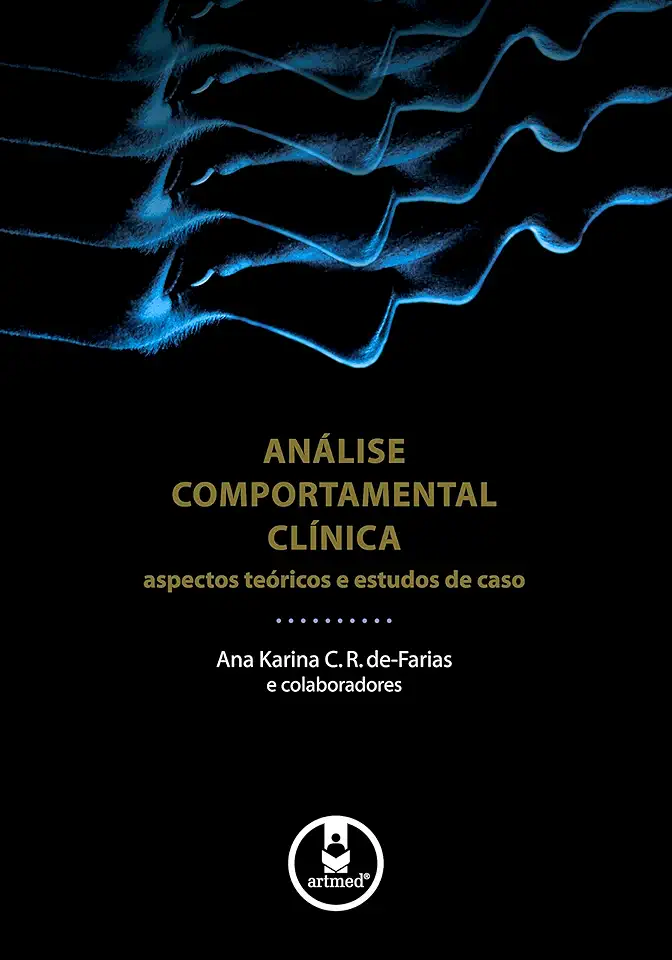
Clinical Behavioral Analysis - Ana Karina C. R. De-farias
Clinical Behavioral Analysis: A Comprehensive Guide to Applying Behavior Analysis in Clinical Settings
Introduction
Clinical Behavioral Analysis (CBA) is a scientific approach to understanding and changing human behavior. It is based on the principles of operant conditioning, which states that behavior is shaped by its consequences. CBA has been used successfully to treat a wide range of clinical problems, including anxiety, depression, phobias, eating disorders, and substance abuse.
The Principles of CBA
The basic principles of CBA are simple. First, behavior is shaped by its consequences. This means that the things that happen after a behavior (reinforcement or punishment) determine whether the behavior is more or less likely to occur in the future. Second, behavior is learned through imitation and observation. This means that we learn new behaviors by watching others and by being rewarded for imitating them. Third, behavior is influenced by the environment. This means that the things around us (our physical environment, our social environment, and our cultural environment) can all affect our behavior.
The Applications of CBA
CBA has been used successfully to treat a wide range of clinical problems. Some of the most common applications of CBA include:
- Anxiety disorders: CBA can be used to help people with anxiety disorders learn to relax, manage their stress, and cope with their fears.
- Depression: CBA can be used to help people with depression increase their activity levels, improve their mood, and develop more positive thinking patterns.
- Phobias: CBA can be used to help people with phobias overcome their fears and engage in activities that they previously avoided.
- Eating disorders: CBA can be used to help people with eating disorders develop healthy eating habits and maintain a healthy weight.
- Substance abuse: CBA can be used to help people with substance abuse problems reduce their use of drugs and alcohol and develop healthier coping mechanisms.
The Benefits of CBA
CBA is a safe and effective treatment for a wide range of clinical problems. It is based on scientific principles and has been shown to be effective in numerous studies. CBA is also a relatively brief treatment, with most people completing treatment in 12 to 24 sessions.
How to Find a CBA Therapist
If you are interested in learning more about CBA or finding a CBA therapist, there are a few resources available to you. You can start by talking to your doctor or mental health professional. You can also find information about CBA therapists online or through your local mental health association.
Conclusion
CBA is a powerful tool that can be used to help people change their behavior and improve their lives. If you are struggling with a clinical problem, CBA may be the right treatment for you.